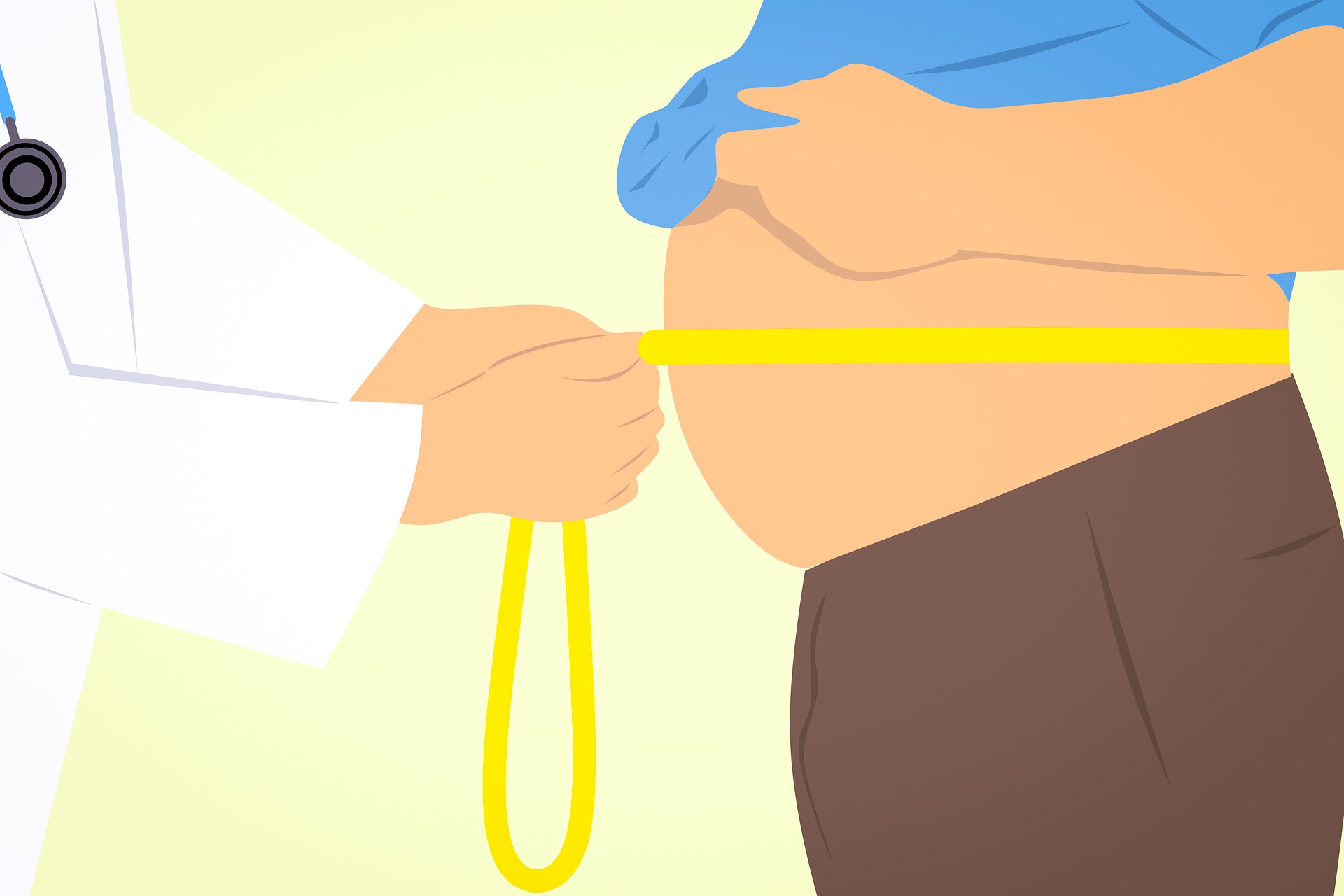
Ignoring your body is a very common habit. Many people are so used to the symptoms the body uses to warn us that something is wrong that they don't think about doing anything about it. This is very common with symptoms like gases, bloating and constipation. It's not 'normal' to have a bowel movement every 2 days or gases after every meal.
Tips for Better Digestion
1. Take 3 deep breaths before you start eating
Breathing deeply stimulates the parasympathetic nervous system, or the 'rest and digest' system. This helps your body relax and prepare for digestion
2. Chew your food
Most of us don't chew enough. Try counting and aiming for at least 30 chews for each mouthful. This creates a liquid consistency that is so much easier to digest and less likely to cause problems. Chewing is the only voluntary movement you control in the digestion process. Eat mindfully, taste the food, the texture, enjoy every bite. Try putting down the cutlery in between mouthfuls. This is a good reminder to eat slowly and chew well.
3. Don't graze
Leave at least 4 hours between meals to allow for proper digestion. This is against the popular belief that eating small meals is good for your blood sugar or will help your metabolism. Eating full meals with proper fibers, proteins, and fats is much better for your digestive system and overall health.
4. Drink enough water but not during meals
Drinking between meals dilutes the stomach acid that is released in response to food for proper digestion. A gap of 30 minutes before and after meals is better for your digestion. However, balance is essential. Don't let this tip make you drink less. Water is important for a good bowel movement.
5. Identify your food intolerances and avoid them
Writing a food diary is very helpful when you're trying to identify your unique body responses to food. Notice any symptoms that appear after eating, even if they are not related to the digestive system. You might need the help of a professional to find out the food intolerances that negatively affect your body.
6. Eat enough fiber
Fiber is essential to prevent constipation. However, certain types of fiber may actually worsen some digestive symptoms in some people. Talk to a professional to find out the best for you.
If you're ready to take the next step for better digestion, Click here to learn more about the new 4-months intensive program: Rest and Digest. |


